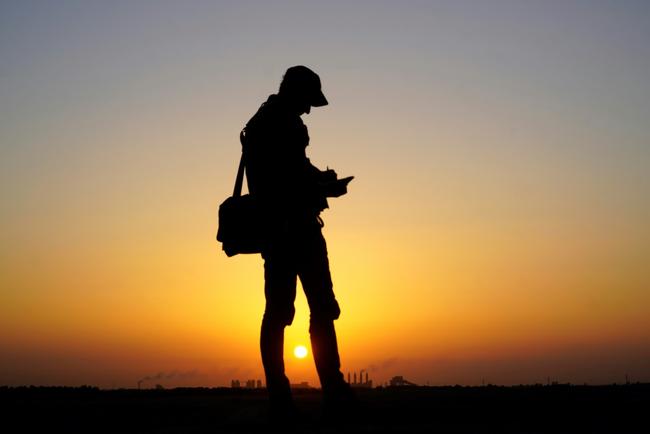After war and insurgency kept them away from Iraq for decades, European archaeologists are making an enthusiastic return in search of millennia-old cultural treasures.
“Come and see!” shouted an overjoyed French researcher recently at a desert dig in Larsa, southern Iraq, where the team had unearthed a 4,000-year-old cuneiform inscription.
The inscription in Sumerian was engraved on a brick fired in the 19th century BC.
Behind him, a dozen other European and Iraqi archaeologists kept at work in a cordoned-off area where they were digging.
“Larsa is one of the largest sites in Iraq, it covers more than 200 hectares (500 acres),” said Regis Vallet, researcher at France’s National Centre for Scientific Research, heading the Franco-Iraqi mission.
Archaeological ‘paradise’
However, the modern history of Iraq — with its succession of conflicts, especially since the 2003 US-led invasion and its bloody aftermath — has kept foreign researchers at bay.
“The French came back in 2019 and the British a little earlier,” he said. “The Italians came back as early as 2011.”
Iraq’s Council of Antiquities and Heritage director Laith Majid Hussein said he is delighted to play host, and is happy that his country is back on the map for foreign expeditions.
‘Cradle of civilisations’
Germany had previously carried out excavations here that ground to a halt with the 2003 US-led invasion that toppled Saddam Hussein.
“Some clues lead us to believe that a church may have been located here,” he explained.
“The moistened earth on a strip several metres (yards) long leads us to conclude that under the feet of the archaeologist are probably the walls of an ancient church,” he said.








